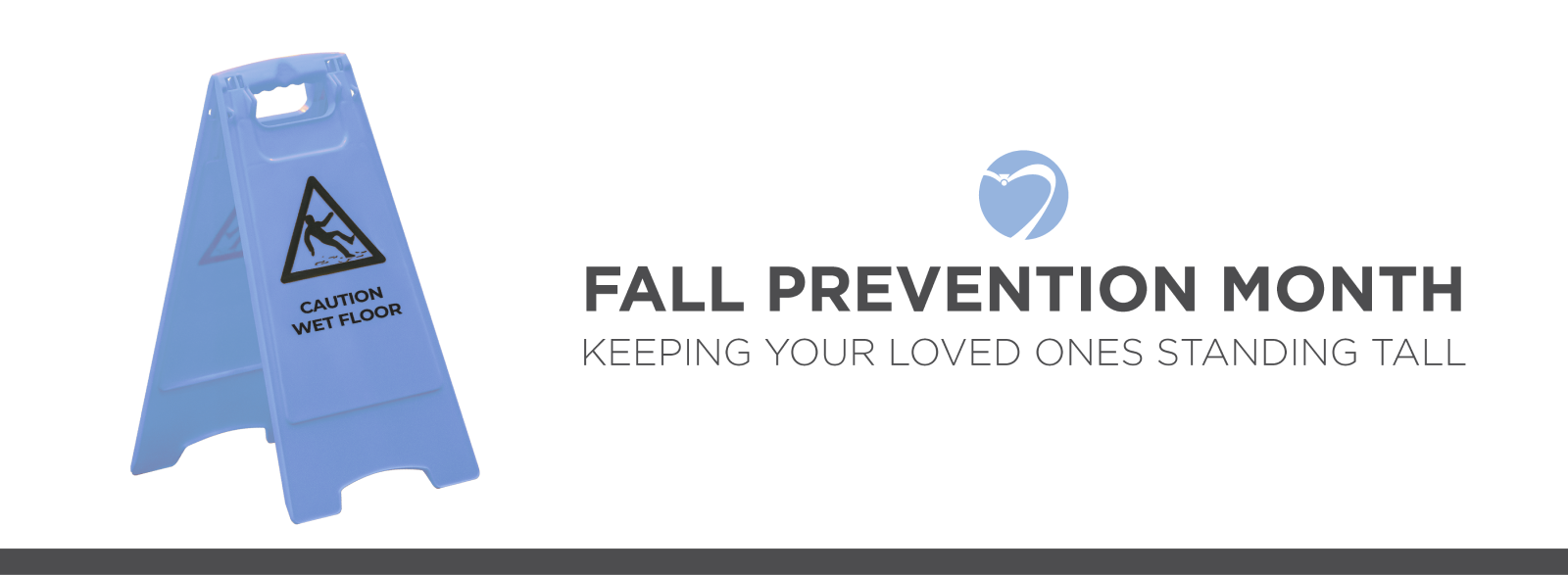Our Blog
Keep Up With What's Happening!
.png)

contact us to speak directly to a care team expert:

An Aging Brain Isn’t a Bad Thing
Quick! What did you have for lunch last Tuesday? What color was your outfit?
If you can’t remember it doesn’t mean your brain is already suffering with the symptoms of age. In fact, a recent article published by Harvard’s Medical School noted that an aging brain can often be a better brain. If you can’t remember the answers to the questions asked at the beginning of the blog, it’s not cause for concern. Forgetting minor details and taking longer to recall information isn’t so much a sign that your brain is slowing down, as a sign that it’s training itself for the next phase in your life.
Dr. Bruce Yankner, a Harvard professor of genetics explains that as we age the brain compensates for its slower functioning by using more of itself. As teenagers and young adults, we typically only use a small portion of our brain to solve problems. “MRIs taken of a teenager working through a problem show a lot of activity on one side of the prefrontal cortex, the region we use for conscious reasoning. In middle age, the other side of the brain begins to pitch in a little. In seniors, both sides of the brain share the task equally,” notes the Harvard report.
If we continue to challenge our minds, training our brains to rely on both sides, aging brains actually beats youth at several tasks. In several studies, seniors were superior to teenagers and young adults in inductive reasoning, verbal abilities, spatial reasoning, basic math, and finding contentment in their lives.
How do you ensure that your brain is aging well? By training it. Read, learn a language, write and solve puzzles in your free time. Even if it’s slow going at first, remember: you’re training yourself to call on your whole brain, instead of a few sections.
At Capital City Nurses, we know that aging comes with a stigma. But by training your brain, you’ll smart enough to ignore it.


.png)












